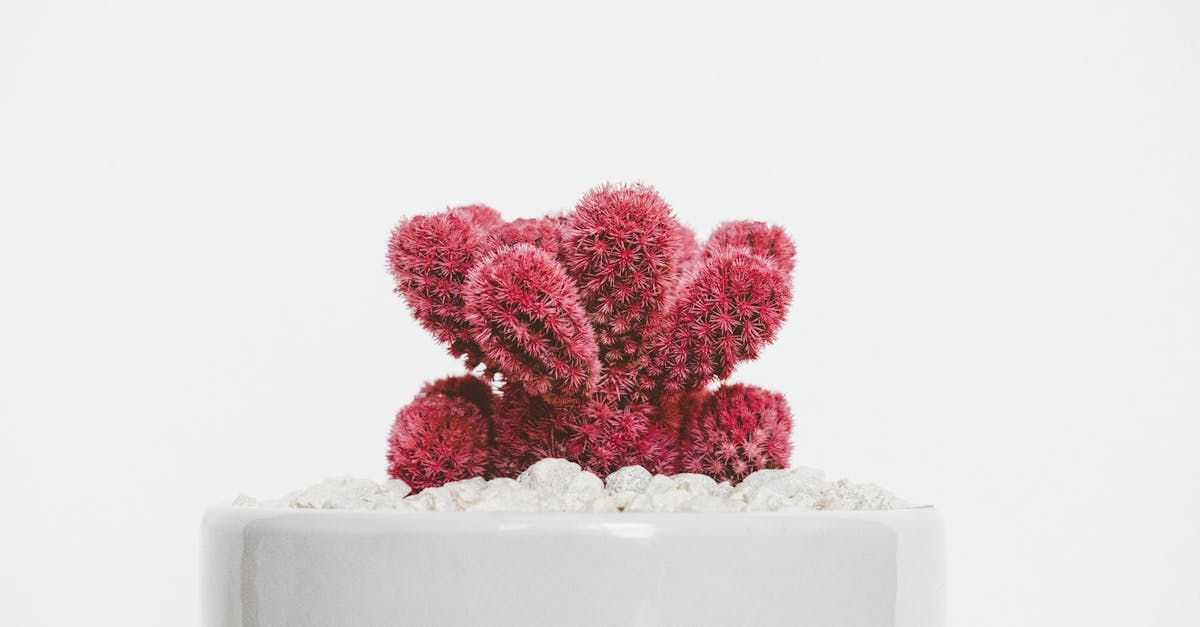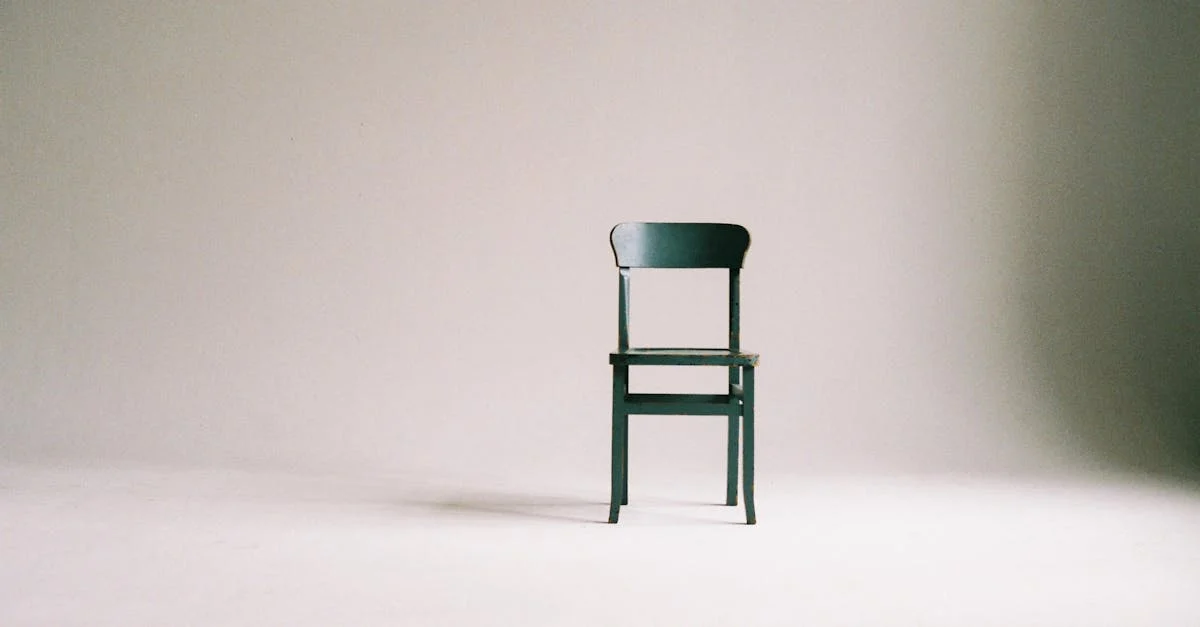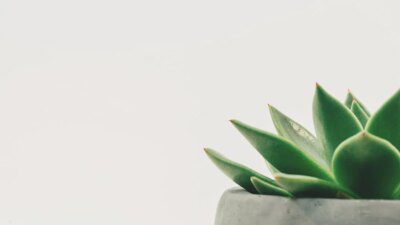In today’s fast-paced world, the quest for a simpler, more fulfilling existence is becoming increasingly important. Minimalist living and mental health are intricately linked, as embracing minimalism can pave the way for a clearer mind and a more joyful life. By reducing excess and focusing on what truly matters, individuals often find a profound sense of peace. This blog explores how adopting a minimalist lifestyle can significantly enhance your overall well-being, offering practical tips and insights to inspire your journey towards simplicity.
Main Points
- Understanding the connection between minimalist living and improved mental health.
- Practical minimalist living tips to start your journey.
- The benefits of embracing a minimalist lifestyle.
- Creative minimalist living ideas for a more intentional life.

Understanding Minimalism: A Pathway to Mental Clarity
Minimalism is not merely a design choice; it serves as a profound journey toward mental clarity. By intentionally reducing distractions, we allow room for what truly matters in our lives. This methodology cultivates a deep sense of peace and focus, enabling us to engage with our surroundings meaningfully. The art of simplicity can also lead to an array of practical advantages, as outlined below:
- Minimalist Living Tips: Adopt daily practices that limit excessive consumption, enhancing your well-being.
- Benefits of Minimalist Living: Experience reduced stress and increased productivity through the elimination of clutter.
- Minimalist Living Ideas: Create a serene space by choosing multifunctional furniture that serves more than one purpose.
Ultimately, embracing a Minimalist Living approach can transform our mental landscape, making it less chaotic and more fulfilling.
The Psychological Benefits of Decluttering Your Space
Decluttering your living environment not only enhances physical space but significantly contributes to mental well-being. Research indicates that a tidy home can lead to reduced stress and increased productivity. This phenomenon is particularly relevant in today’s fast-paced world, where distractions abound. By adopting a Minimalist Living approach, individuals often report a newfound clarity in their thoughts. Moreover, organized spaces can evoke feelings of control and empowerment, fostering a positive mindset. Thus, the act of decluttering becomes more than a chore; it transforms into a profound journey towards self-improvement.
Key Psychological Outcomes
| Outcome | Description |
|---|---|
| Reduced Anxiety | A clutter-free space lowers stress levels. |
| Enhanced Focus | Less visual clutter leads to better concentration. |
| Increased Creativity | Order can spark new ideas and inspiration. |
How Minimalist Practices Enhance Emotional Resilience
Embracing a minimalist lifestyle can profoundly impact one’s emotional resilience. By prioritizing what truly matters, individuals often discover a clearer perspective on their emotions. This clarity fosters better coping mechanisms during challenging times. Additionally, the reduction of clutter—both physical and mental—creates space for mindfulness and reflection. As a result, the ability to adapt to stressors improves significantly. Ultimately, minimalism empowers individuals, helping them cultivate a deeper connection with their emotional well-being.
Creating a Calmer Mindset: The Role of Simplified Living
Adopting a Minimalist Living approach can significantly contribute to fostering a calmer mindset. By stripping away excess belongings and distractions, you create space for clarity and peace. This shift often leads to a deeper understanding of what truly matters. A simplified environment encourages mindfulness and reduces anxiety. Moreover, the act of decluttering can itself be therapeutic, allowing individuals to focus on their mental well-being. Here are some steps to enhance your journey:
- Identify your priorities: Acknowledge what genuinely brings joy and purpose to your life.
- Reduce clutter: Eliminate items that no longer serve a purpose or bring happiness.
- Embrace simplicity: Opt for experiences over possessions, fostering a richer, less complicated life.
Embracing Minimalist Living cultivates a serene atmosphere, ultimately guiding you toward a more harmonious existence.
Minimalism as a Tool for Reducing Anxiety and Stress
In today’s fast-paced world, embracing Minimalist Living offers a refreshing perspective. This intentional lifestyle strips away unnecessary distractions, which can be overwhelming. By focusing on what truly matters, individuals often find a remarkable decrease in anxiety and stress levels. The act of decluttering not only physical space but also mental clutter allows for clearer thinking. Many have discovered that fewer possessions lead to a more meaningful existence—a surprising yet delightful realization. Ultimately, simplicity fosters peace.
The Path to Greater Clarity
By adopting a Minimalist Living approach, one learns to cherish moments rather than things. This shift in perspective cultivates mindfulness, which can further elevate emotional well-being. As distractions diminish, a serene environment emerges, allowing for deeper connections with ourselves and others—a vital antidote to life’s chaos.
Sustaining Mental Well-being: Integrating Minimalist Principles into Daily Life
In today’s fast-paced world, cultivating minimalist living can significantly enhance your mental well-being. By simplifying your surroundings, you create a serene environment conducive to mindfulness. Embracing this lifestyle nudges you to identify and eliminate distractions, thereby fostering clarity in thoughts. Moreover, incorporating minimalism into daily routines, such as decluttering spaces or prioritizing meaningful relationships, leads to a sense of freedom and purpose. Remember, “less is often more,” as focusing on essentials can refine your emotional resilience and overall happiness.
“The simplest things bring the most happiness.”
Practical Steps to Minimalist Living
To integrate these ideals effectively, consider the following:
| Action | Benefit |
|---|---|
| Declutter Daily | Enhanced Focus |
| Limit Digital Distractions | Improved Mental Clarity |
| Prioritize Quality Over Quantity | Stronger Connections |
Ultimately, embracing minimalist living opens avenues for deeper self-exploration and fulfillment. It empowers you to appreciate what truly matters, creating pathways toward lasting well-being.
Conclusion
Minimalist living offers a refreshing approach to both our physical spaces and our mental health. By embracing simplicity, we not only declutter our surroundings but also clear the mental fog that often clouds our thoughts. This lifestyle encourages us to focus on what truly matters, fostering a sense of peace and clarity. As we reduce distractions, we create room for mindfulness and self-reflection. I believe that the benefits of minimalist living extend beyond aesthetics; they can profoundly enhance our emotional well-being. Thus, if you seek greater happiness and mental clarity, consider how adopting a minimalist mindset might transform your life.
Frequently Asked Questions
How does minimalist living improve mental health?
Minimalist living reduces clutter and distractions, which can lead to a clearer mind and improved focus. It encourages individuals to prioritize what truly matters, thus reducing stress and anxiety.
Can adopting a minimalist lifestyle be overwhelming?
Transitioning to minimalist living can be challenging at first. However, taking small steps and making gradual changes can make the process more manageable and less overwhelming.
Is minimalist living suitable for everyone?
While minimalist living has many benefits, it may not be suitable for everyone. It ultimately depends on individual values and preferences. It’s important to tailor the concept to fit your lifestyle.
What are some practical tips for starting minimalist living?
Start by decluttering your space, focusing on one area at a time. Evaluate items based on their necessity and emotional value. Set specific goals and gradually reduce possessions while embracing quality over quantity.
How can minimalist living help with anxiety and stress?
By simplifying your environment and lifestyle, you can reduce decision fatigue and distractions, creating a more peaceful setting. This can lead to lower levels of anxiety and stress, promoting better mental well-being.



